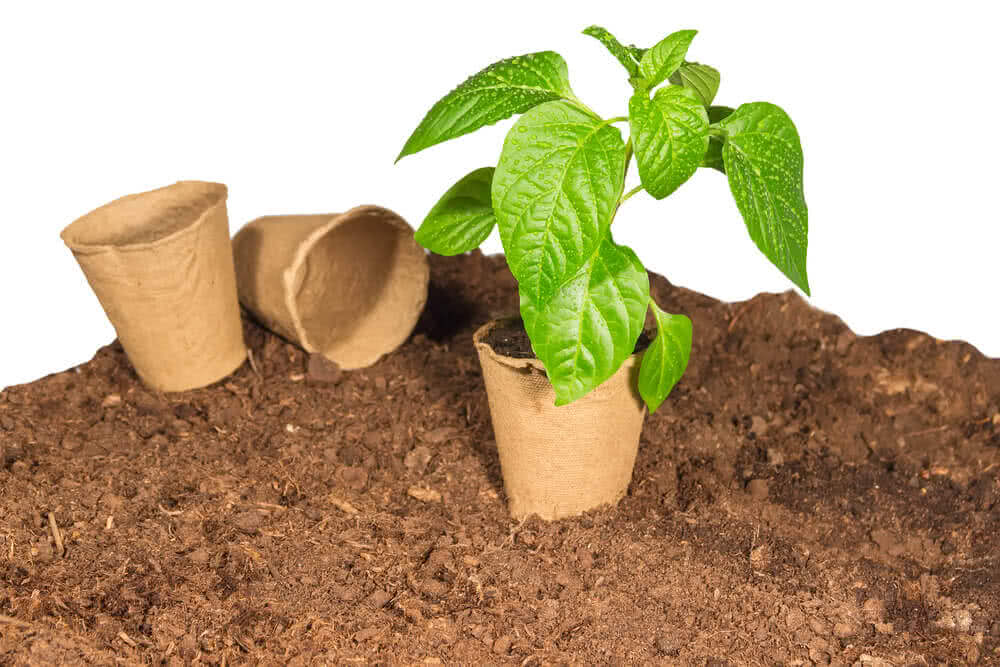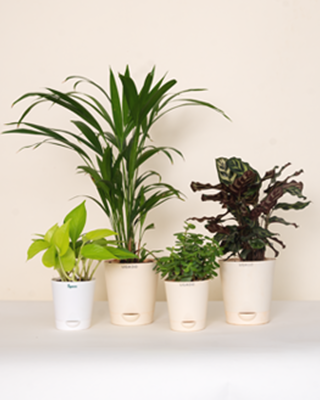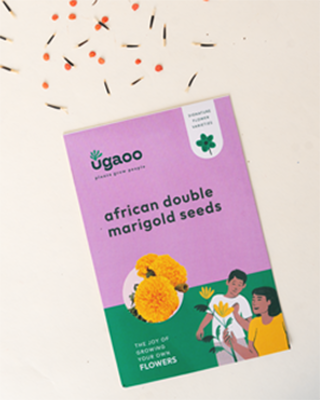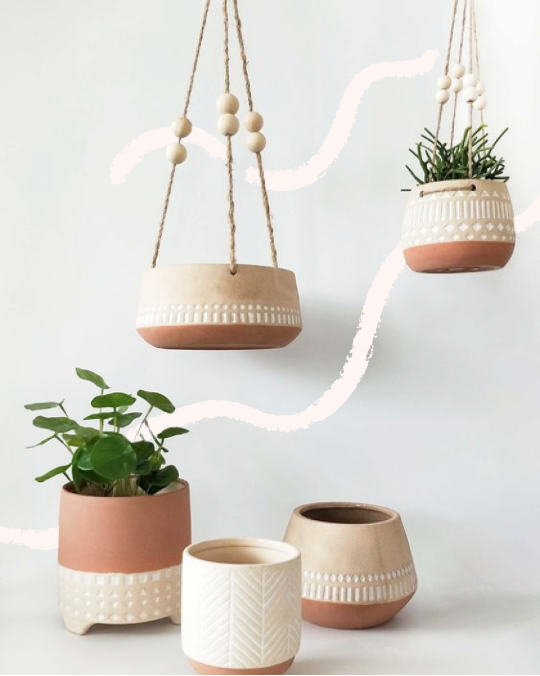Imagine coming home after a long and tiring day and then going to relax in your garden. It is an incredibly soothing feeling that can even be meditative if you choose the right plants and flowers for your garden.
Which is why you should definitely consider the Rajnigandha flower.

Rajnigandha is a perennial plant and is also used in the perfume industry. It is a mainly nocturnal plant, which means that it actually becomes active at night.

As for appearance, it is famous for the lovely white, elongated flowers that it develops as it matures. These flowers are tubular in shape and usually have six petals when fully developed. Buy tuberose flower bulbs online in India.
Moreover, there are 12 varieties of this lovely plant to choose from, so you can always get the one you love the most!
But then, you also need to plant it in the right conditions and care for it well.
So, here’s what you should do when growing this plant:
The first thing you need to decide is placement, where Rajnigandha will receive enough sunlight and warmth to thrive. Usually, this plant requires temperatures that are above 60ºF.

When it comes to soil, Rajnigandha needs well-drained and highly nutritious soil. If you only have regular garden soil at home, then mix it with peat moss, compost or other organic material. Then pile this mixture approximately 3 inches above soil surface. Finally, ensure that the pH is between 6.5 and 7.
Take the cluster of Rajnigandha bulbs and plant it into a hole that is around 5 cm deep. To give the plant enough room to grow, plant each cluster 6-8 inches apart from the other. So, each bulb can get its share of plant nutrients.
After you plant, water the area generously. This will settle the soil particles around the bulbs and begin the growth process.

Now that your Rajnigandha bulb has been sown, here’s how you can take care of it:
In the initial stages, water sparingly, just enough to make sure that the soil isn’t too dry. As the plant develops and germinates in a few weeks, you can water more. Buy watering cans online.As the growing season starts, water the plant with about 2.75-3.375 cm of water per week. Reduce this if the area experiences rainfall. All this effort is so that the plant doesn’t rot through overwatering.

An 8-8-8 fertilizer of potassium, nitrogen and phosphorus is what Rajnigandha requires. Apply every six weeks or so, for the best results.
Lastly, once the flowers bloom, feel free to cut them to decorate your home! This doesn’t harm the plant’s growing cycle at all.

Are you ready to bring the delicious scent of Rajnigandha into your life? Visit ugaoo.com for everything you need. You may like to read about Top 10 most fragrant flowers in India.














